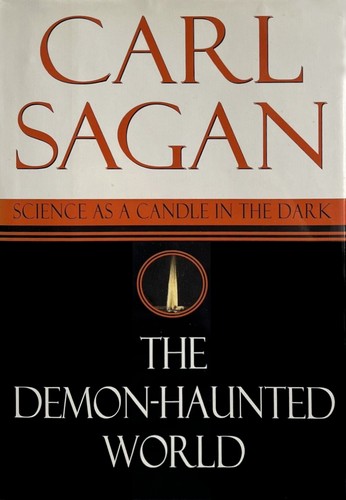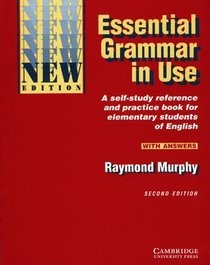Be Verbs
[A1] Be Verbs in English: Be, Am, Is, Are, Was, Were, Been. Learn how to form and use the verb 'to be' across tenses, with examples and explanations.
Verb “be”
The verb “be” shows a person or thing’s identity, state, condition, or location. It is irregular, so its forms change a lot across time and subject. “Be” can act as a main verb, or as a helper verb to build other tenses and passive voice. Learning “be” means learning which form matches the subject and the time.
Which of these is NOT a use of the verb "be"?
Present forms
In the present tense, “be” changes based on the subject. Use “am” only with “I.” Use “is” with singular third person and singular nouns. Use “are” with “you” and all plural subjects.
Subject | Form | Example |
|---|---|---|
Past forms
In the past tense, “be” has two forms: “was” and “were.” Use “was” with “I,” “he,” “she,” “it,” and singular nouns. Use “were” with “you,” “we,” “they,” and plural nouns.
Subject | Form | Example |
|---|---|---|
Base form “be”
Use the base form “be” after modals like “can,” “must,” and “should,” and after “to” in infinitives. In commands, “be” gives instructions about a state or behavior. This form does not change for the subject.
Participle “been”
“Been” is the past participle form of “be.” Use “been” after “have” or “has” to make perfect tenses, and after “had” for past perfect. “Been” also appears in perfect passive forms when combined with “been” plus a past participle of another verb.
Main verb use
As a main verb, “be” links the subject to information that describes or identifies it. It commonly connects to a noun phrase for identity, an adjective for state, or a prepositional phrase for location. This use answers questions like “Who is it,” “What is it like,” or “Where is it.”
Which sentence shows 'be' used as a main verb linking subject to an adjective?
Auxiliary use
As a helper verb, “be” forms two important structures. With an -ing verb, it builds the continuous tenses to show an action in progress. With a past participle, it builds the passive voice to focus on the receiver of an action.
Negatives
To make negative statements with “be,” place “not” after the form of “be.” In speaking and informal writing, contractions are common, such as “isn’t,” “aren’t,” “wasn’t,” and “weren’t.” “Amn’t” is not used in standard English; “I’m not” is normal, and “aren’t I” appears in some question tags.
Questions
To ask a question with “be,” invert the order: put the form of “be” before the subject. This works for yes-no questions and for wh- questions. The rest of the sentence usually stays the same, so the key change is the position of “am,” “is,” “are,” “was,” or “were.”
Agreement notes
Subject–verb agreement is the main challenge with “be.” Singular subjects take “is” in the present and usually “was” in the past; plural subjects take “are” and “were.” “You” always takes “are” and “were,” whether it means one person or more. Collective nouns can be singular or plural depending on whether the group is treated as one unit or as individuals.
Which present form of 'be' pairs with plural subjects?

















